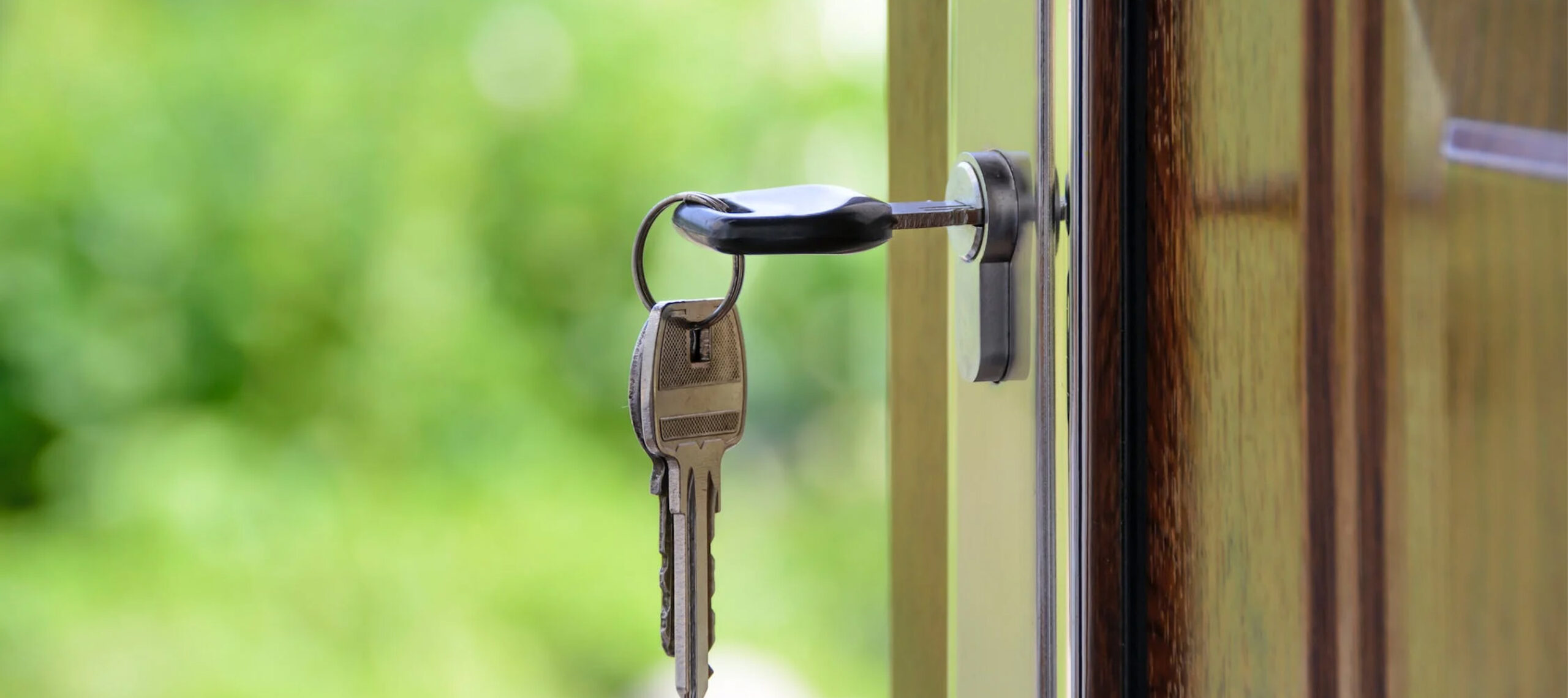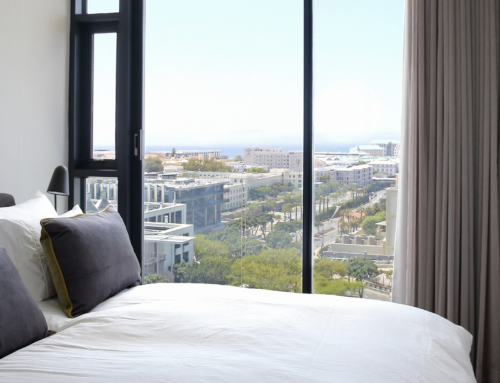If you’re looking to break into real estate investing, the growing vacation rental industry can be a great place to start—in fact, 19% of travelers who booked a vacation rental between March 2020 and April 2021 were doing so for the first time. Whether you plan to create a DIY listing on Airbnb or call in the help of a full-service management company, we’ve got your full guide to investing in short-term rentals. There are many things to consider when buying an Airbnb. Even seasoned property buyers can be overwhelmed without a clear approach to making this decision. We break down the main factors to think about:
Step 1: What are your goals?
Are you purely in this for investment purposes and your goal is to maximise yield? Or are you perhaps planning to live at the property in future? The answer to this question can have a big impact on the type of property you should buy.
Typically, if a buyer is planning to use the property in the future they would like a little more space. This space comes at a cost, however, which reduces yield. For example, a compact 30m2 studio apartment for R1,3m will perform better than a 60m2 1 bedroom apartment for R2.6m. The 1 bedroom will generally only generate 15-20% more revenue but in this case the purchase price is double. The yield is therefore much lower. The reason for this is that travelers staying for a few days or weeks don’t value excess space very highly. They are happy staying in a compact apartment.
If you are in the market purely as an investor then it makes much more sense to purchase compact properties (e.g <35m2 studio or 1 bed, <65m2 2 bedroom, <110m2 3 bed etc.). However, if you know that space will one day be useful then factor that into your decision.
Step 2: Location
The old real estate broker adage of location, location, location is even more true when it comes to short-term rentals. It is important to look at individual suburbs rather than broad regions (e.g.City Bowl) as the difference in booking performance between seemingly similar areas can be quite pronounced. And the areas sought after by locals are not always the areas that tourists like. Being within easy reach of where the action happens is what matters most. Take Higgovale, Tamboerskloof and Oranjezicht as an example.
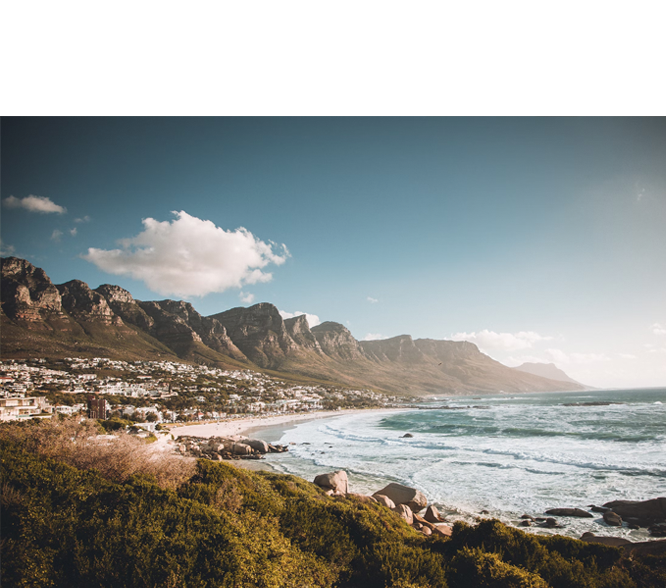
These areas are very popular amongst Capetonians but they are not nearly as popular as the Atlantic Seaboard or inner city area around Bree Street. It is also important to understand that suburbs can become less popular. The Foreshore area, for example, was very popular pre 2020, but due to the impact Covid had on conferencing and business travel this area no longer performs as well as before.
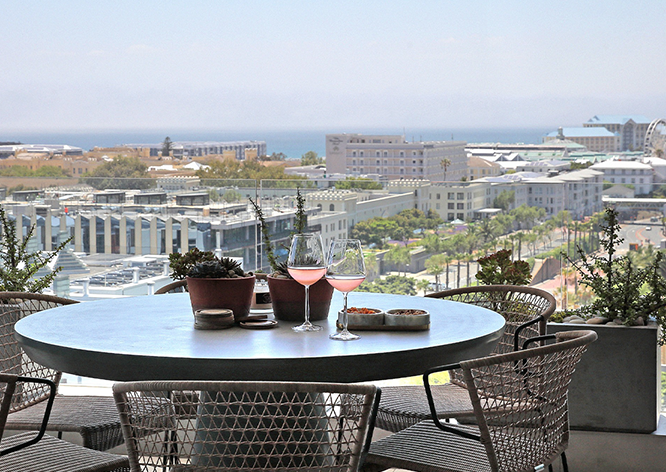
Step 3: Exact Location!
Location needs to be taken a level further. There are nuances within neighbourhoods. Some streets or buildings perform better than others due to factors like security, building management, short-term rental friendliness or the attractiveness of the building. It is virtually impossible for an outsider to know what these differences are which is why we always encourage any buyer to approach us for free advice on this. After 7+ years and 60000+ bookings we have a really good sense of these subtle variations.
Step 4: Property Features
What do guests value the most? What features should I be spending money on? There are some amenities that result in a measurable booking increase and they are:
- A pool or jacuzzi
- Views
- An outside area of some kind
- Airconditioning (this is a search filter selected by many guests – not having aircon reduces your market)
- Parking (preferably secure as guests are generally nervous about leaving their rental cars parked on the street)
- No loadshedding (some areas do not experience any loadshedding at all and these are very popular now)
- Security
- Tastefully furnished
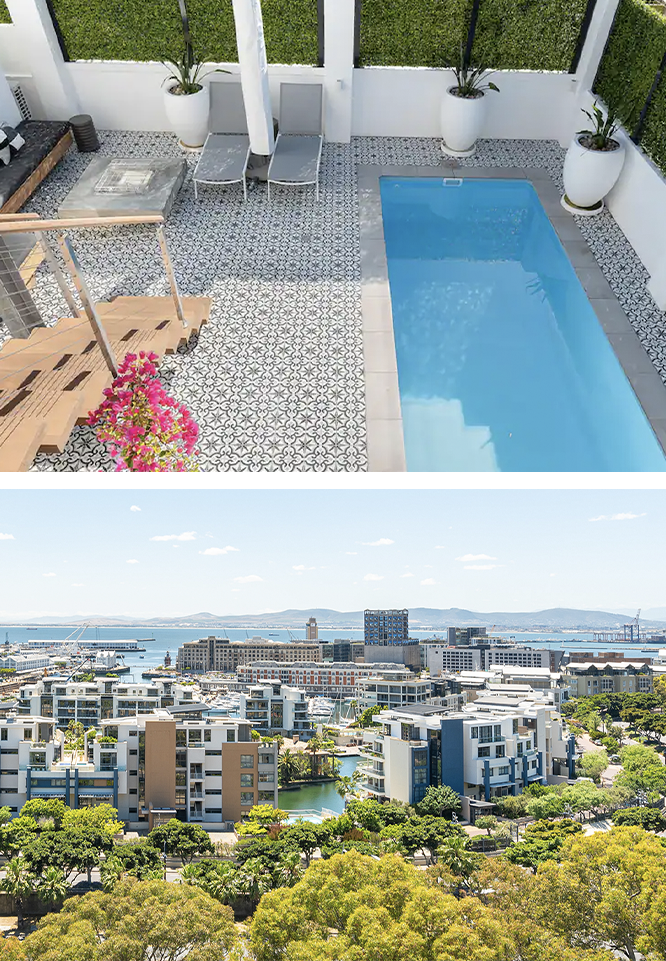
Your property does not necessarily have to tick all these boxes but with the increasingly competitive Airbnb market it is important to be able to stand out in some way, to be able to offer something unique.
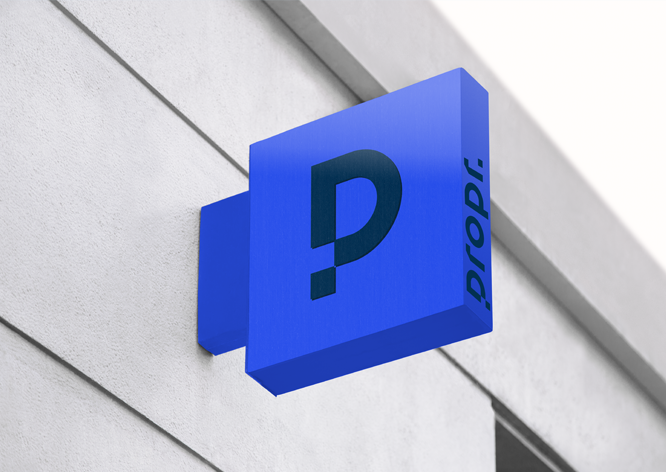
Step 5: Use a Reputable Management Company
Renting out an Airbnb well is hard and takes on average +-50 hours per month. Cleaning & linen, communication, maintenance, pricing, check-ins, guest emergencies, damage detection etc. are but some of the responsibilities a host has to meet. What makes it even more stressful is that these tasks can happen at any time of day, 365 days a year.
This makes it hard to switch off and hold a day job. And even if you enjoy some of these responsibilities there is a good chance that you will underperform from a revenue perspective as it is no longer enough to just list on Airbnb. A good management company will pay for itself.

